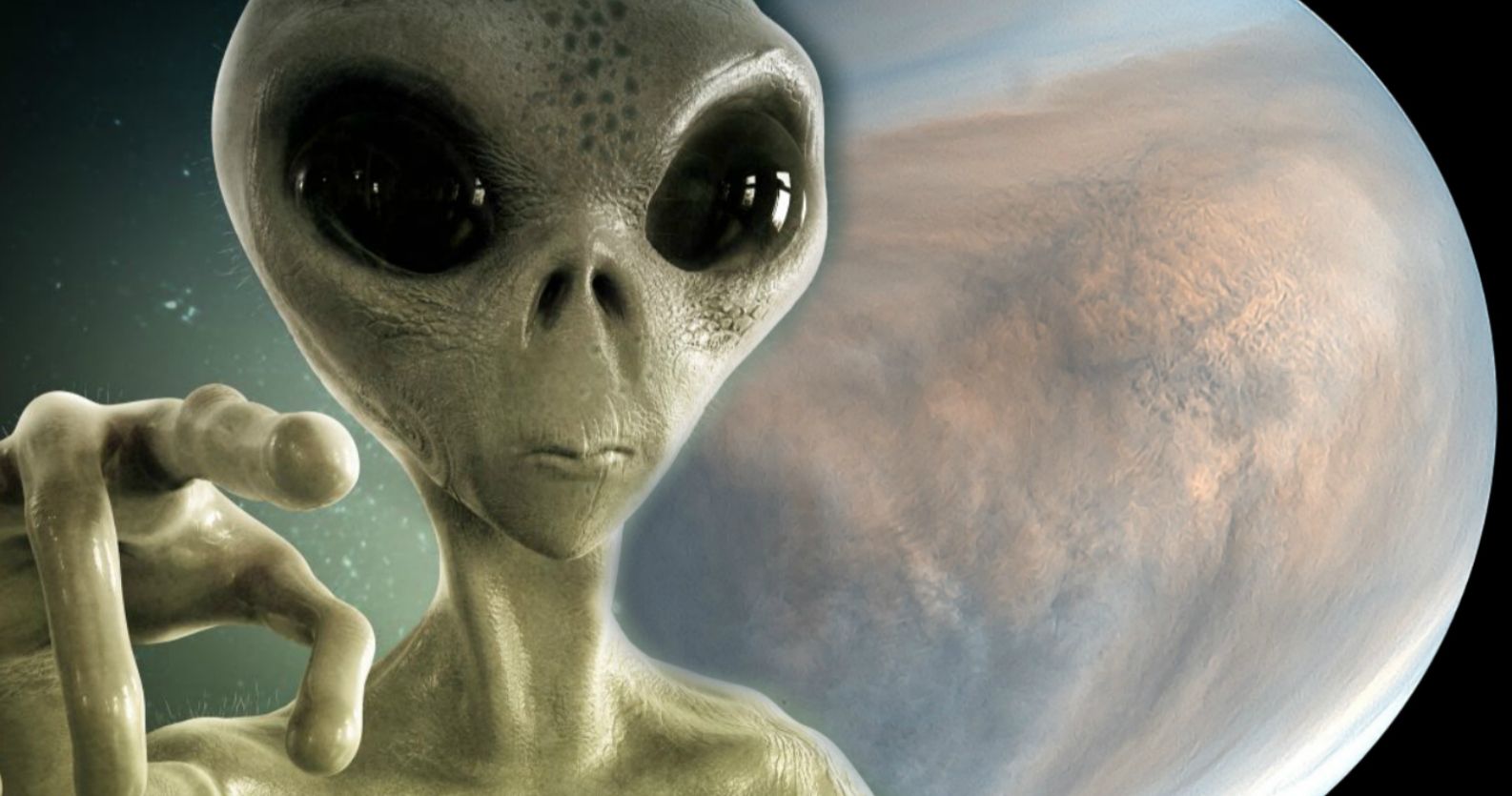Astronomers have just discovered signs that there may be life on Venus. For years, Venus has been thought of as inhospitable with its high temperatures and clouds that contain droplets of corrosive sulfuric acid. However, that may have just changed and scientists are moving forward with further exploration of Venus. Astronomers have looked for life on other planets for years with Mars being one of the most popular. Europa, Enceladus, and other moons of the giant planets containing ice have been more of a recent study.
Scientists have not snapped any photographic evidence of their new findings on Venus, nor do they have any samples. Instead they have used a high-powered telescope that has successfully located phosphine in the Venus atmosphere. As for how the chemical exists, scientists believe something that is currently alive is the only explanation for the phosphene findings on the planet. Sara Seager, a planetary scientist at the Massachusetts Institute of Technology, says "This is an astonishing and 'out of the blue' finding... It will definitely fuel more research into the possibilities for life in Venus's atmosphere."
Clara Sousa-Silva, a molecular astrophysicist at Harvard University, says, "We know that it is an extraordinary discovery... we may not know just how extraordinary without going back to Venus." Planetary scientist Sarah Stewart Johnson says, "There's been a lot of buzz about phosphine as a biosignature gas for exoplanets recently. How cool to find it on Venus." Scientists have been looking for lifeforms outside of Earth for years now, but Venus wasn't really on the radar due to its harsh conditions. Now, the world will be turning to Venus to look for further existence of alien life. Johnson adds, "Venus has been ignored by NASA for so long. It's really a shame."
Planetary scientist David Grinspoon is also very excited about the findings. However, he says that more work needs to be done, noting, "but this could be the first observation we've made which reveals an alien biosphere and, what do you know, it's on the closest planet to home in the entire cosmos." Venus is one of the brightest planets that we can observe from Earth and astronomers have called it beautiful since telescopes were invented.
Astronomers have referred to Venus as "Earth's Twin" because it is roughly the same mass. It is also believed that it was covered in water at one point in time and was hospitable to life. Earth was not always hospitable to human life, though it grew in a direction that allowed life to flourish, while Venus did the complete opposite. The planet has been described as hellish by scientists, which is why they neglected it for so long. However, that has now changed, thanks to the findings of phosphene. NASA will be directing a lot of attention to Venus for the foreseeable future. The New York Times was one of the first outlets to report on the new Venus discovery.

